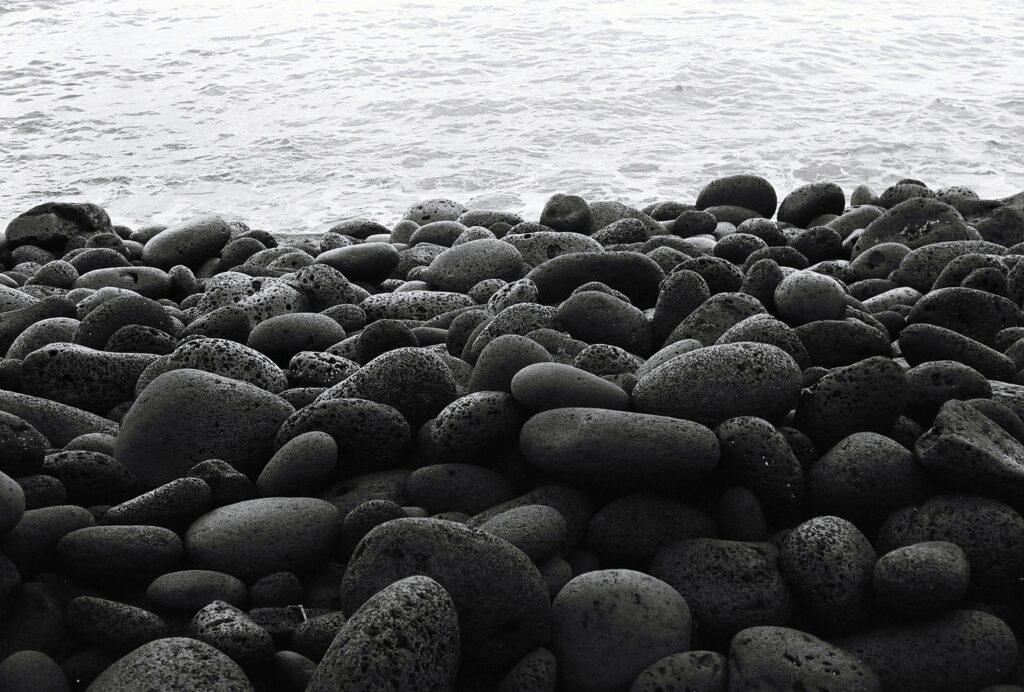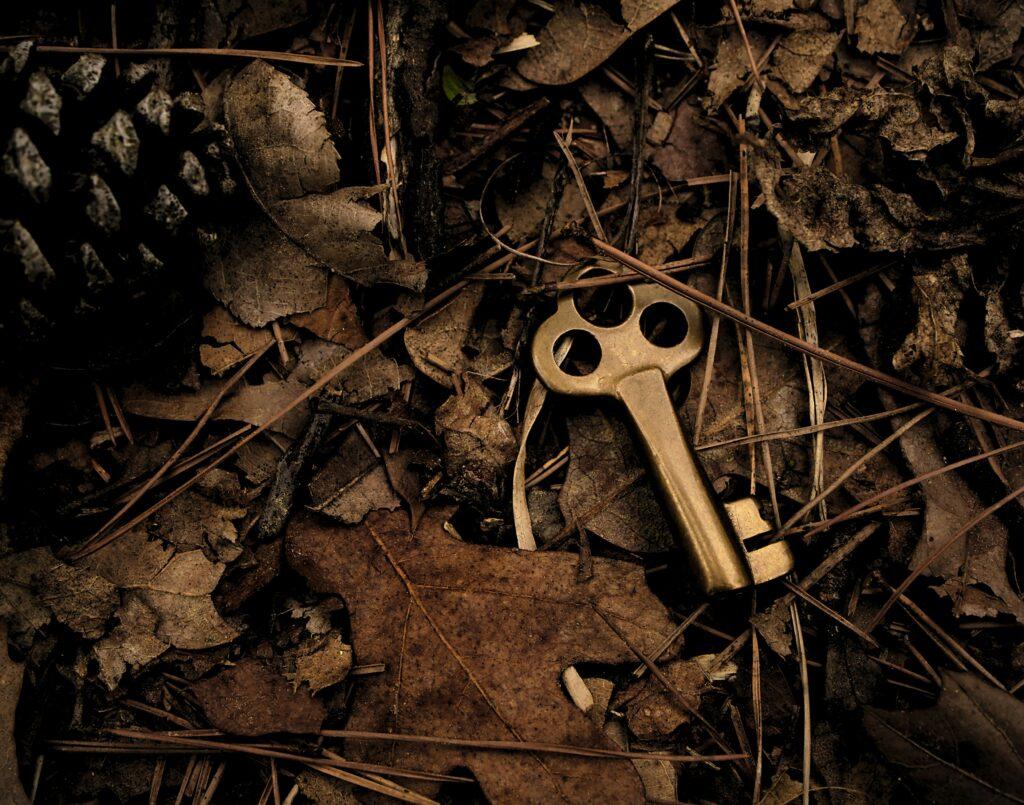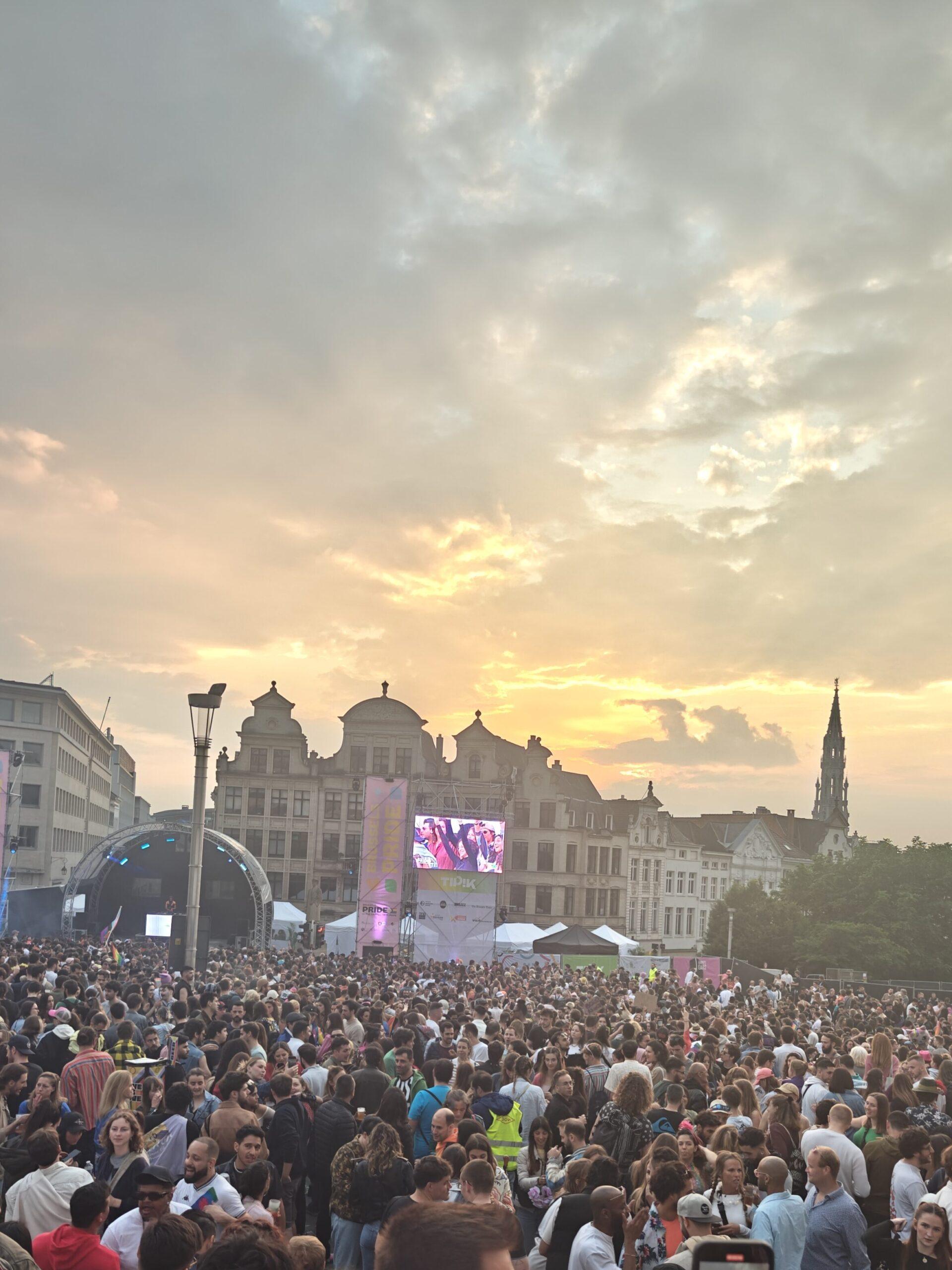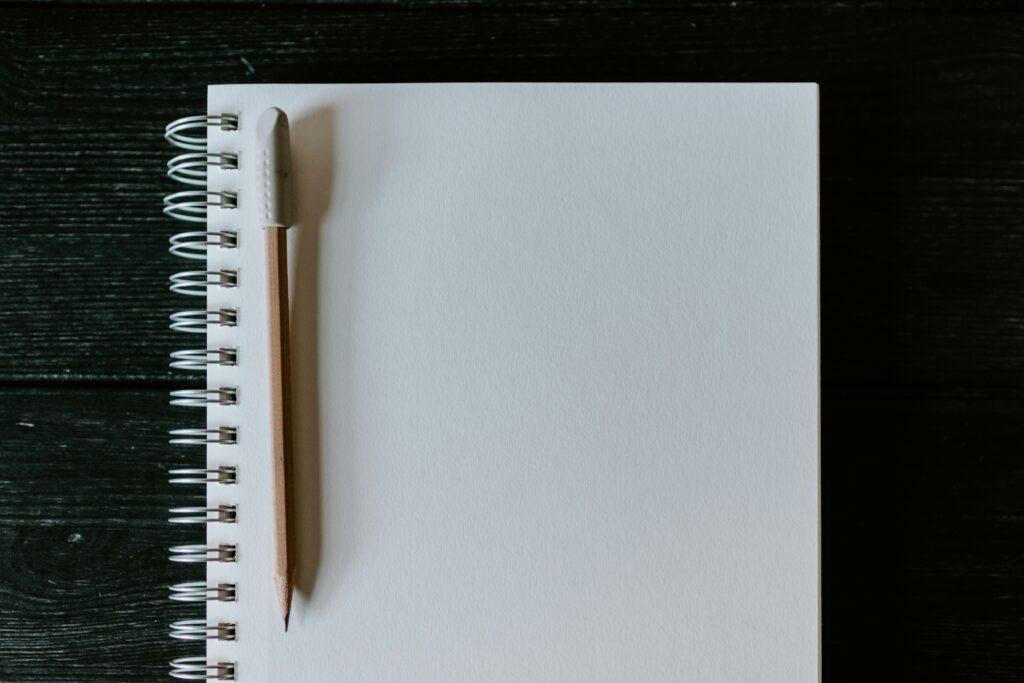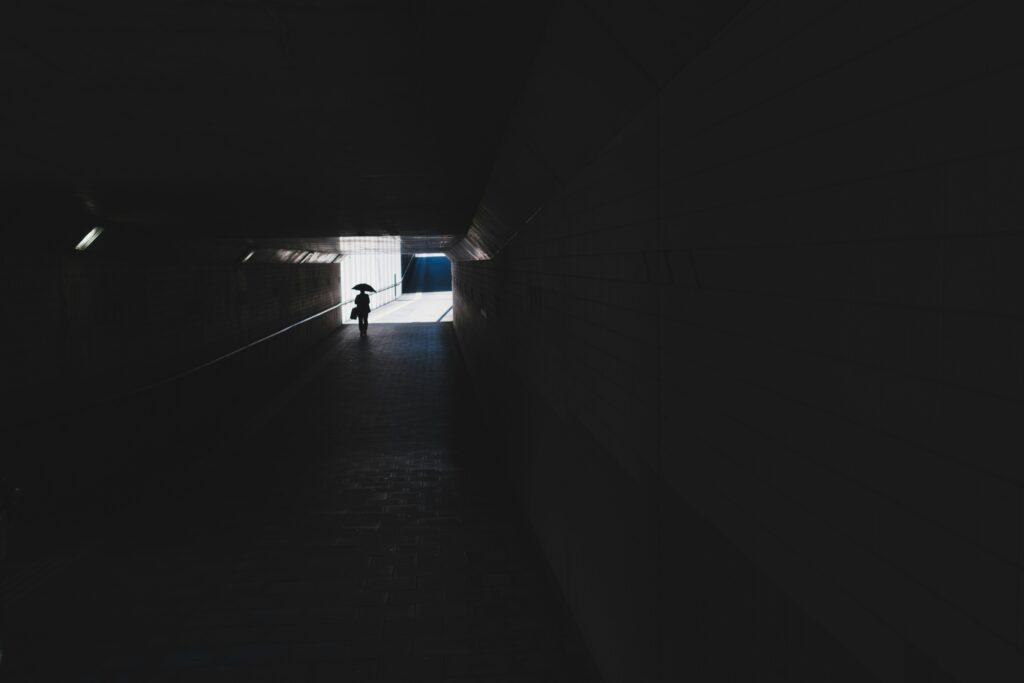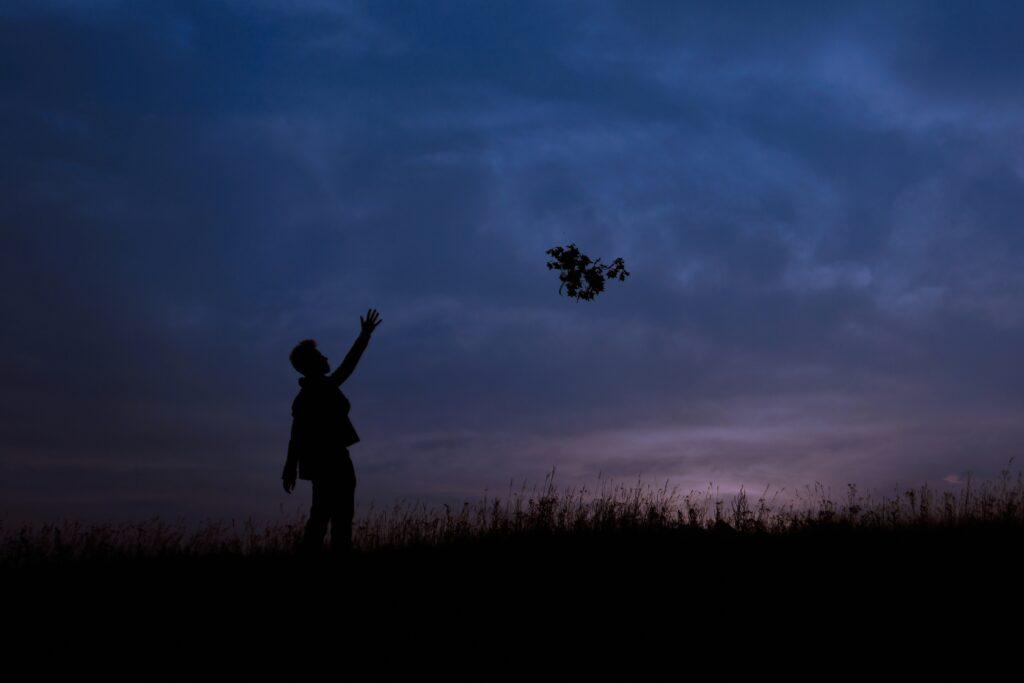
Photo by Максим Степаненко on Unsplash
You’ve probably heard about the importance of letting go of the things that we can’t control. I’m pretty sure I’ve written about it several times myself.
But what about letting go of the things that actually, we can control?
As I’ve been progressing further into my therapy, I’ve had the chance to explore how much time and effort I spend managing myself. In other words, how I think about how I come across, what I should say and how I should present myself in a situation.
This is beyond some level of general reflection. I’m talking about my brain being a constant computer calculating a situation in the background. Putting this into words, it becomes pretty obvious that its a very exhausting process, yet it’s also something I’ve been doing it subconsciously pretty much my whole life.
This fits in with my hypothesis that I am autistic: my normal modus operandi being a bit too weird to fit in, so I learnt to get very good at analysing what I’m meant to say in situations. (Sidenote that I am due to get my diagnosis done in the next month or so hopefully – fingers crossed). Like many adult autistic people, I thought this was normal and what everybody did. Turns out that this is not the case.
Whilst it is good for us to have some level of filter, turned up to the extreme this can make us seem robotic and inauthentic. We can quickly get to a place where we are constantly second guessing ourselves. For much of my life, I’ve felt like a chameleon and found it hard to know what I really thought.
For me, the idea of relaxing my mind is somewhat terrifying. I’ve had real bouts of fear. I feel like a child whose had my favourite teddy bear taken away from me.
The fear is legitimate – I’ve used this mechanism of internal filtering to get through life. With the weird and wonderful way I work, I imagine that without it, I would have found myself ostracised, and potentially at the edges of society. But I also recognise that there is a downside to filtering everything I say. If nothing else, it’s exhausting, and I’m not sure my energy levels will return to a point where I can do it anymore at such a constant level.
Whilst my case might be on the more extreme end, I think we all get caught up in trying to control things. I see this happen more often as people get stressed, and it feels like there’s plenty of stress to go around right now.
Just because we can control things, doesn’t mean we should. I think it’s why so many people have a hard time delegating control or being open to different management styles. In more relaxed settings, I don’t think that we see such levels of squabbling around minor issues than we see in the workplace.
Acting without analysing is what brings us closer to our animalistic instincts. These instincts are what made us survive and thrive for millions of years.
